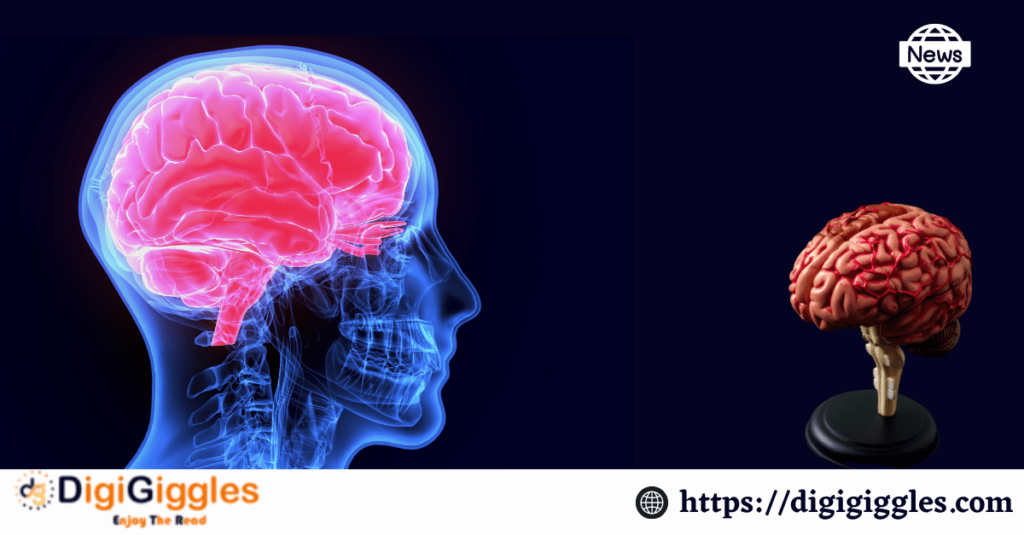The human brain was unique at first, but a change in the DNA a million years ago separated us from other mammals. The change in DNA is still detectable in Chimpanzees today, and a new study has explained what happened. Large portions of the human genome were changed around a million years ago, according to researchers from the University of California, San Francisco. A random event during sperm production resulted in the deletion, duplication, and even reversal of DNA sections.
According to the latest discoveries published in the journal Science, while experts were able to pinpoint the alteration in the human genome, they are still unsure what caused it. The DNA alteration caused cascading modifications across the genome, permanently altering human traits, particularly the brain. The researchers looked at how regions of DNA known as Human Accelerated Regions (HARs) varied between humans and chimpanzees. While the majority of these genetic sequences are enhancers that control and regulate brain development, they differ between humans and all other mammals.
Pollard found HARs, or areas of DNA that were initially stable but subsequently changed a million years ago, roughly two decades ago. While her study has now confirmed that it was changed in the HAR that molded our brain, the team is still trying to figure out what function they serve in distinguishing humans from other primates. “The way the genome folds up in three dimensions, similar to origami, is especially important for enhancers.” This is due to the fact that enhancers can influence the activity of any gene that ends up nearby, which can vary depending on how DNA is folded,” notes Pollard, who is also a professor at UC San Francisco.
The team predicted DNA folding patterns using machine learning, a type of Artificial Intelligence, and then applied it to human and chimpanzee DNA sequences. This assisted scientists in identifying the sections of the genome that folded differently in humans than in chimpanzees and the AI predicted that approximately 30% of HARs were in areas of the genome that folded differently in humans than in chimpanzees. The researchers also stated that if DNA near HARs folded differently in humans, bringing various genes in close proximity to HARs, this could have had disastrous repercussions for our forefathers.
